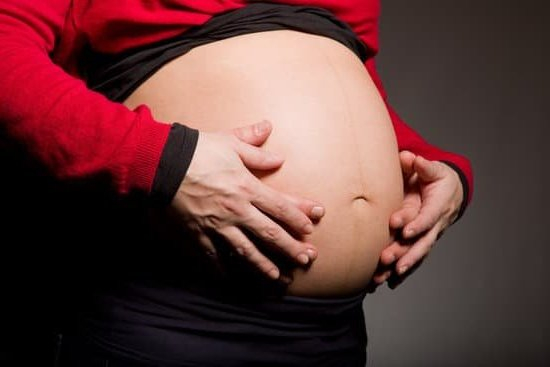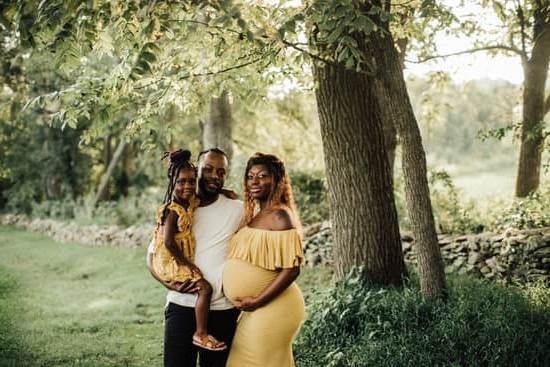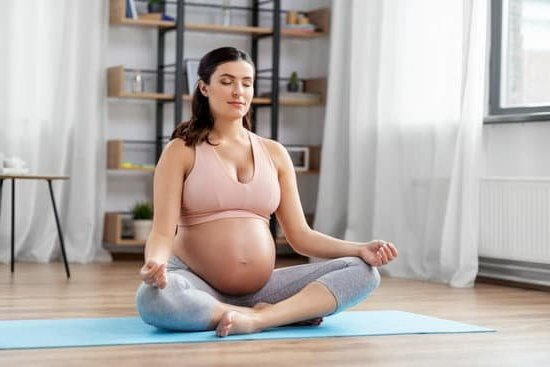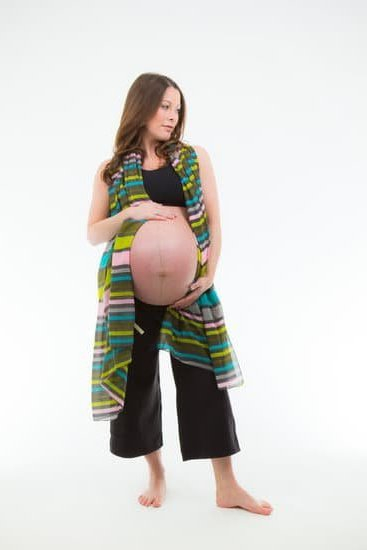‘s Body?
The egg is fertilized in a woman’s body when a sperm from a man enters the woman’s vagina and then travels up through the uterus to the fallopian tubes. There, the sperm fertilizes the egg and the fertilized egg starts to travel down the fallopian tube to the uterus, where it implants in the lining of the uterus and begins to grow into a baby.
When Does A Woman Fertile
?
A woman is only fertile for a few days a month, typically around the time of ovulation. The exact timing of ovulation can vary from woman to woman and month to month, but there are some clues that can help you determine when you are most likely to be fertile.
One of the most reliable ways to determine when you are ovulating is to track your basal body temperature (BBT). Your basal body temperature is the temperature of your body at rest, and it rises slightly after ovulation. You can track your BBT using a special basal body temperature thermometer.
Another clue that you are ovulating is the appearance of your cervical mucus. Cervical mucus changes in appearance and consistency around the time of ovulation, becoming thinner and more slippery. You can check your cervical mucus by inserting a finger into your vagina and checking the mucus on your finger.
If you are trying to conceive, you can use these clues to determine when you are most likely to be fertile and plan intercourse accordingly. However, it is important to note that ovulation can vary from month to month, so it is important to track your BBT and cervical mucus over several months to get a good idea of your own personal patterns.
What Age Are Women Most Fertile
?
There is no one-size-fits-all answer to this question, as the most fertile age for women varies depending on a number of individual factors. However, as a general rule, women are most likely to conceive at around age 20-25. This age range is due to the fact that a woman’s fertility begins to decline after she reaches her late 20s, and continues to decline as she gets older.
There are a number of reasons why fertility decreases as a woman gets older. For one, as women age, their eggs become less viable and are more likely to contain genetic abnormalities. Additionally, the lining of the uterus becomes thinner and less hospitable to embryos as a woman gets older, which can make it more difficult for fertilized eggs to implant. Finally, older women are more likely to experience health problems that can interfere with fertility, such as polycystic ovarian syndrome (PCOS) and endometriosis.
However, it is important to note that age is not the only factor that affects fertility. Some women remain fertile into their 40s, while others may experience problems conceiving at a younger age. If you are concerned about your fertility, it is important to consult with a healthcare professional who can help you identify any potential issues.
Can A Woman Get Pregnant Outside Her Fertile Window
?
The answer to this question is yes, a woman can get pregnant outside her fertile window. The fertile window is the time frame during a woman’s menstrual cycle when she is most likely to get pregnant. The window is typically from the time a woman ovulates until about five days after ovulation. However, a woman can get pregnant at any time during her menstrual cycle if she has intercourse.
Women Fertility By Age
Aging is a natural process that happens to everyone. As women age, their fertility decreases. This is because the number and quality of eggs in a woman’s ovaries decreases over time.
The decrease in fertility begins around the age of 32 and continues to decline as a woman ages. This means that a woman is less likely to get pregnant as she gets older.
In addition, older women are more likely to experience complications during pregnancy and childbirth. For these reasons, it is important for women to be aware of their fertility decline and to plan accordingly.
There are a number of things women can do to increase their chances of getting pregnant as they age. These include:
• Taking prenatal vitamins
• Exercising regularly
• Maintaining a healthy weight
• Avoiding smoking and alcohol
• Seeing a fertility specialist
If a woman is having trouble getting pregnant, there are a number of treatments available that can help. These include:
• Fertility drugs
• IVF
• Egg donation
• Surrogacy
Though the decrease in fertility is natural, there are a number of things women can do to increase their chances of getting pregnant. By understanding the changes that come with age, women can be better prepared for parenthood.

Welcome to my fertility blog. This is a space where I will be sharing my experiences as I navigate through the world of fertility treatments, as well as provide information and resources about fertility and pregnancy.





